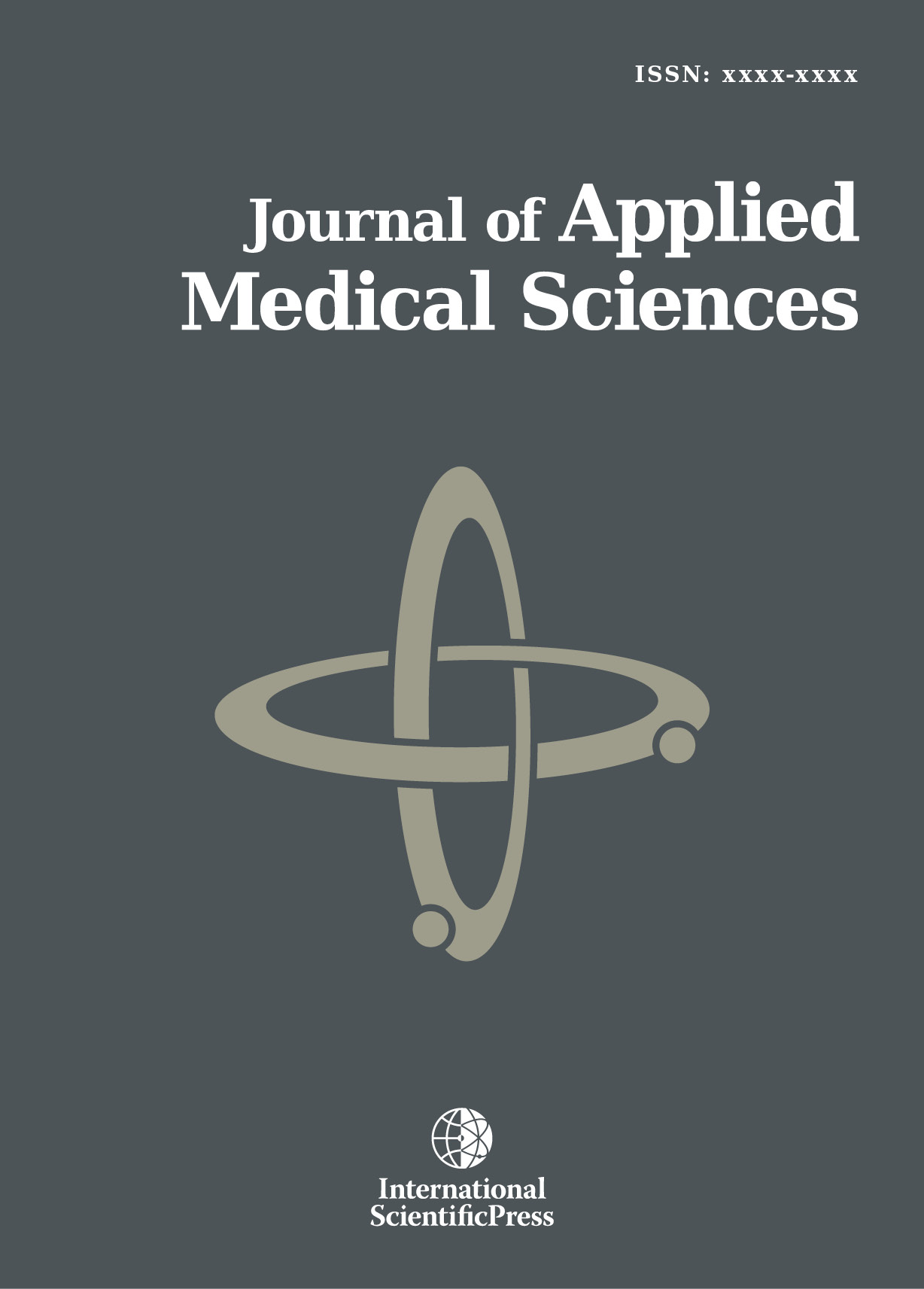Journal of Applied Medical Sciences
Gene Therapy for Hemophilia
-
 [ Download ]
[ Download ]
- Times downloaded: 11028
-
Abstract
Current treatment for hemophilic bleeding episodes is limited to the intravenous infusion of intravenous purified and recombinant factor protein. While this is generally effective, it is transient due to the brief lifespan of the proteins. Aside from this, factor protein treatment is costly, constrains the prophylactic use of factors and can potentially lead to degenerative joint disease as well as susceptibility to infectious agents, including HIV virus [1]. Hence, for many years now, attention has been focused on gene therapy as a potential cure for hemophilia. Nevertheless, clinical trials that have been undertaken in this direction have shown that this cure will not be easily achieved. This paper discusses the progress done in the field of research in the context of gene therapy for hemophilia, as well as the challenges that have emerged and how these could possibly be resolved based on research.
